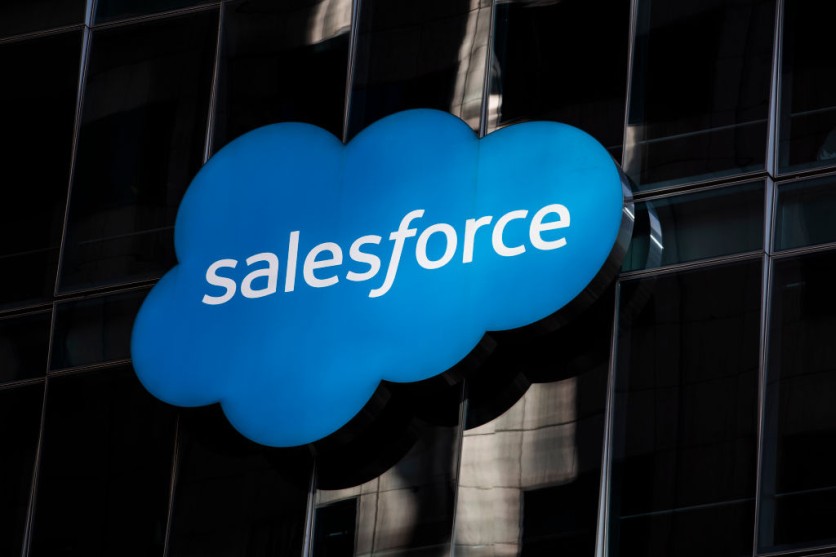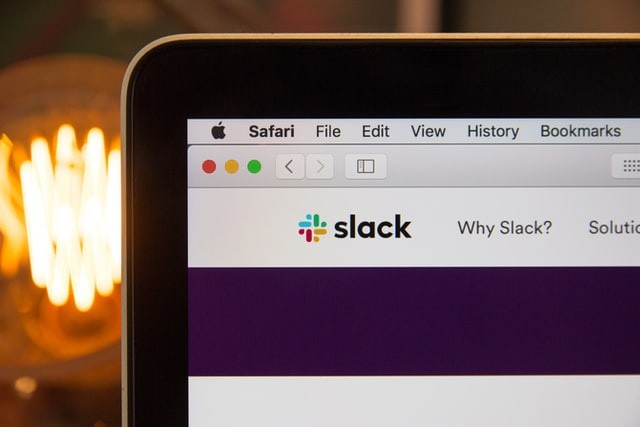
Salesforce, another Silicon Valley behemoth, is entering the race as generative artificial intelligence (AI) continues to fascinate multiple industries.
Salesforce introduced its new AI service for Slack, called Einstein GPT, on Tuesday, Mar. 7. It is a bot that works similarly to the widely used ChatGPT but is designed for use within businesses.
AI Chatbot Integration
Salesforce's customer relationship management (CRM) system is quite popular, and Einstein GPT will be equipped to integrate with it.
Client summaries, customized emails, marketing content, and even code may all be generated with a few keystrokes, thanks to the bot's input prompts. The program may also generate visuals for marketing efforts, such as promotional headers.
With the help of ChatGPT creator OpenAI, Salesforce was able to integrate the enterprise version of ChatGPT into the service, expanding the model's access to not just public data but also Salesforce's core. Einstein GPT may be trained by customers using their own corporate data.
According to Forbes, Salesforce claims it has safeguards in place by having a human verify each response provided by the Einstein GPT before it can be used. For instance, a user must first provide a prompt to have the chatbot compose an email.
They may then modify the material by inputting a different request, such as "make it less formal." The user may then choose to copy and paste the information into an email.
Salesforce owns the prominent communication and collaboration software Slack, and on Tuesday, the business introduced a new ChatGPT app for it. They were announced at TrailblazerDX, Salesforce's annual developer conference in San Francisco.

The ChatGPT Craze
The announcement occurs as interest in generative AI grows, and businesses scramble to use the new technology.
AI has been the most talked-about technology topic since ChatGPT's first success after its debut in November 2022.
Microsoft and OpenAI formed a partnership last month so that Bing would benefit from OpenAI's chatbot technology. In addition to ChatGPT, Google has also created Bard, a rival now in beta testing. Tech titans in China are also working on their own versions of chatbots.
The stakes are enormous, particularly in a business setting. At this early stage, corporations like Google and Microsoft have come under fire for the responses provided by their AI chatbots.
This month, Alphabet, the parent company of Google, lost $100 billion in market value when its Bard division delivered a wrong response about NASA during a commercial promotion video.
Although journalists and early testers sought to push the limits of Microsoft's Bing chatbot, the company received backlash for the resulting aggressive and obsessive responses.
Read Also : Can ChatGPT Help Health Tech Startups? Here are 5 Ways Why it's Transformative in Healthcare

![Apple Watch Series 10 [GPS 42mm]](https://d.techtimes.com/en/full/453899/apple-watch-series-10-gps-42mm.jpg?w=184&h=103&f=9fb3c2ea2db928c663d1d2eadbcb3e52)



